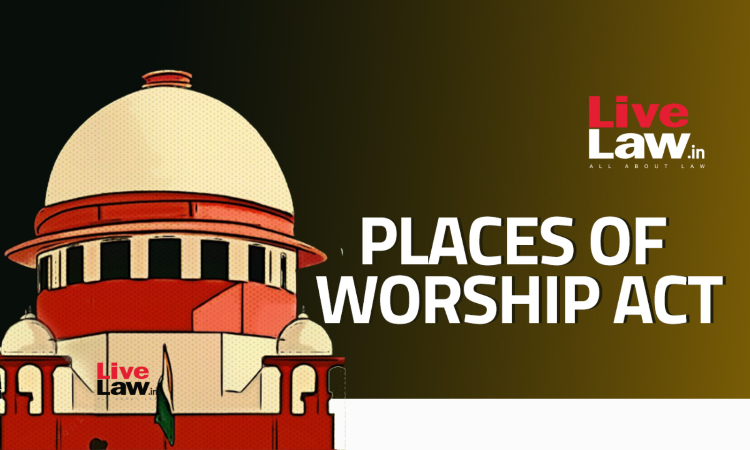The Supreme Court on Monday adjourned the hearing in a batch of petitions challenging the Constitutional validity of provisions of the Places of Worship (Special Provisions) Act 1991 after the Union Government sought for time to file its counter-affidavit.During the mentioning round before the Chief Justice of India, Solicitor General of India Tushar Mehta requested for adjournment in the...

